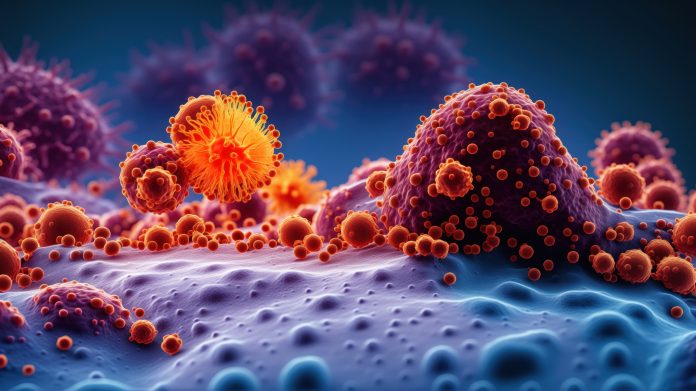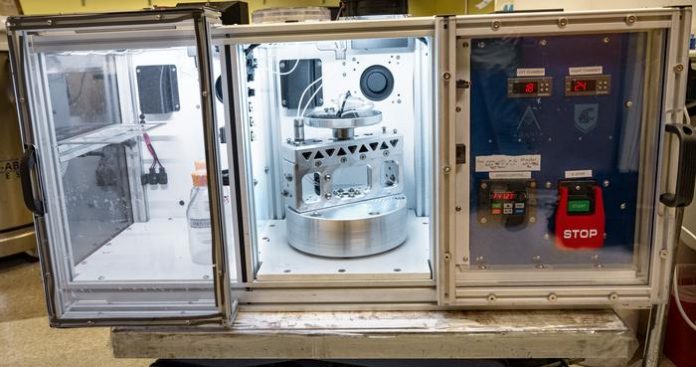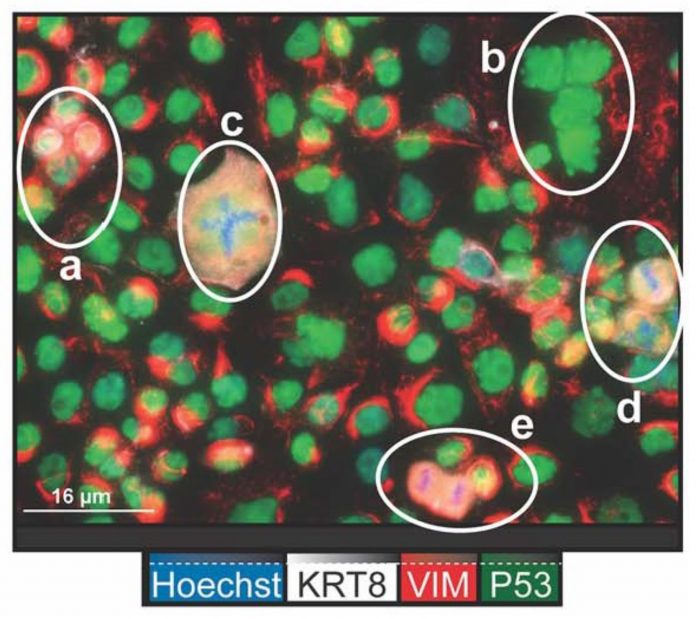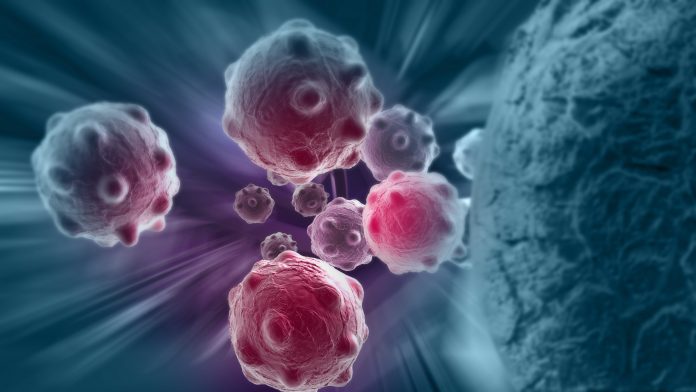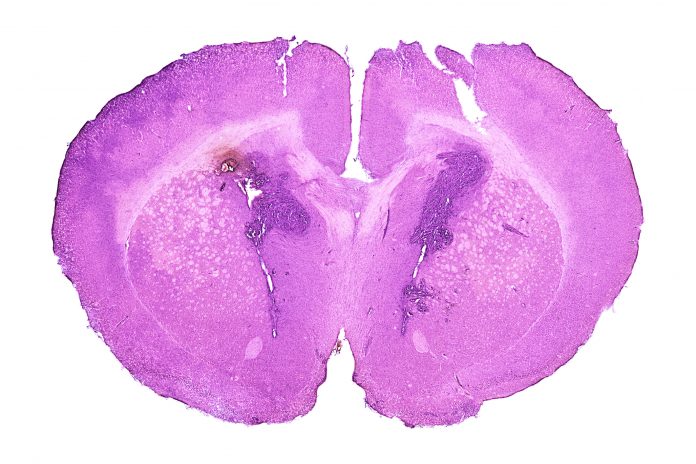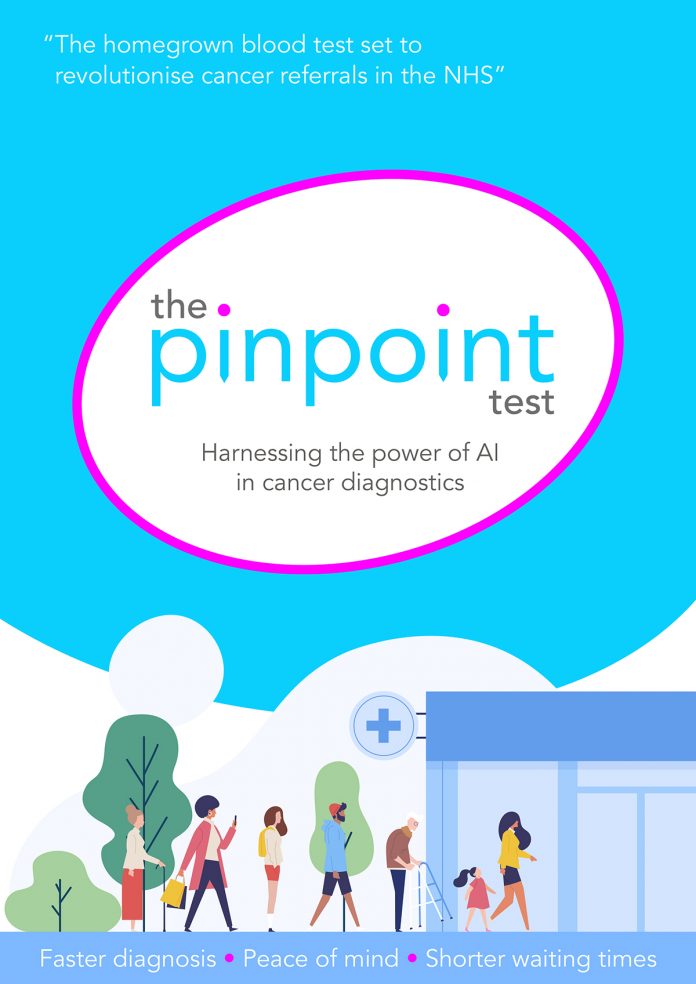Open Access Government produces compelling and informative news, publications, eBooks, and academic research articles for the public and private sector looking at health, diseases & conditions, workplace, research & innovation, digital transformation, government policy, environment, agriculture, energy, transport and more.
Home Search
breast cancer - search results
If you're not happy with the results, please do another search
Microwave ablation emerges as a promising treatment for thyroid cancer
Researchers suggest that microwave ablation, a minimally invasive procedure, could offer comparable progression-free survival rates to surgery with fewer complications.
Scientists record a decline in cancer related deaths among rising cancer cases
New research looks at cancer cases in the UK, revealing complex factors driving progress and challenges.
Drug development could help treat one of the most challenging cancers
A new drug development could help those battling pancreatic cancer, one of the most challenging cancers to treat.
People-centred health services are essential to reducing disparities in cancer care
The past ten years have seen significant progress in cancer care, detecting cancers earlier and managing them more successfully and less invasively on a global scale.
Daily exercise linked to prolonged life in inoperable lung cancer
A life-extending link has been discovered between minimum physical activity and inoperable lung cancer.
Enhancing cancer care through genomic testing
Simon Holt, Honorary Professor at Swansea University, reflects on the key challenges within cancer care and the benefits of genomic testing in improving patient outcomes.
Rapid cell production for cancer treatment achieved by new machine
A new method for quickly growing cancer-killing white blood cells can potentially enhance the accessibility of immunotherapy.
Controlling ovarian cancer: An introduction to detection and treatment
With current strategies proving inadequate, what needs to be done is to further the research into detecting, treating, and controlling ovarian cancer.
New study reveals chemical exposures linked to women’s Cancer risk
A recent study unveils alarming findings about women's cancer risk, indicating significant connections between the disease and exposure to certain endocrine-disrupting chemicals.
The impact of weight loss surgery on Cancer prevention
New research reveals that weight loss surgery is linked to reduced cancer incidence and mortality, particularly among females.
Does a high-fibre diet reduce the risk of cancer?
Research is now showing that cancer risk can be reduced by increasing the amount of fibre in the diet, is this true?
The next frontier in anti-cancer drugs
Dr Anthony J. Berdis, Case Comprehensive Cancer Center discusses the future of cancer treatments and anti-cancer drugs.
Developing novel treatments for childhood solid cancers
With a particular focus on glioma, Dr Peter J Houghton from Greehey Children’s Cancer Research Institute outlines the barriers that have hindered the development of effective therapies for childhood solid cancers.
Following cancer prevention recommendations reduces risk of the disease
Following global cancer prevention recommendations reduces the risk of developing the disease according to latest study.
Ovarian cancer research: Examining ovarian function and dysfunction
JoAnne S Richards, PhD, Professor at Baylor College of Medicine, explores ovarian cancer research with a focus on ovarian function and dysfunction.
Improving cancer therapy using sonoenhancement with acoustic cluster therapy
Sonoenhancement with Acoustic Cluster Therapy (ACT®) improves drug delivery to solid tumors, and by that reduces the necessary doses and side effects.
Cancer survival rates rise by 9% nationally in the NHS
NHS England has published a one-year cancer survival index, showing how cancer survival rates have improved across the country by almost 10%.
The Pinpoint Test: Harnessing the power of AI in cancer diagnostics
Suspected cancer patients in England are currently referred to the NHS urgent cancer referral pathway, known as the ‘2-week wait’ (2WW). It guarantees that suspected cancer patients can see a specialist in Secondary Care within 14 days of referral.
Intelligent triage: a vital step toward resolving the problem of capacity in NHS cancer...
AI offers an opportunity to reimagine our approach to cancer diagnostics, leveraging data to build a more robust and efficient system for cancer referrals.
Machine learning and prognostics in cancer programmes
Tim Simpson, General Manager of Hologic UK & Ireland, discusses how AI, machine learning and prognostics could revolutionise cancer detection and treatment in breast and cervical cancer programmes.



